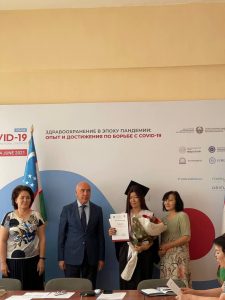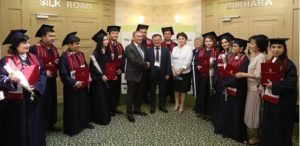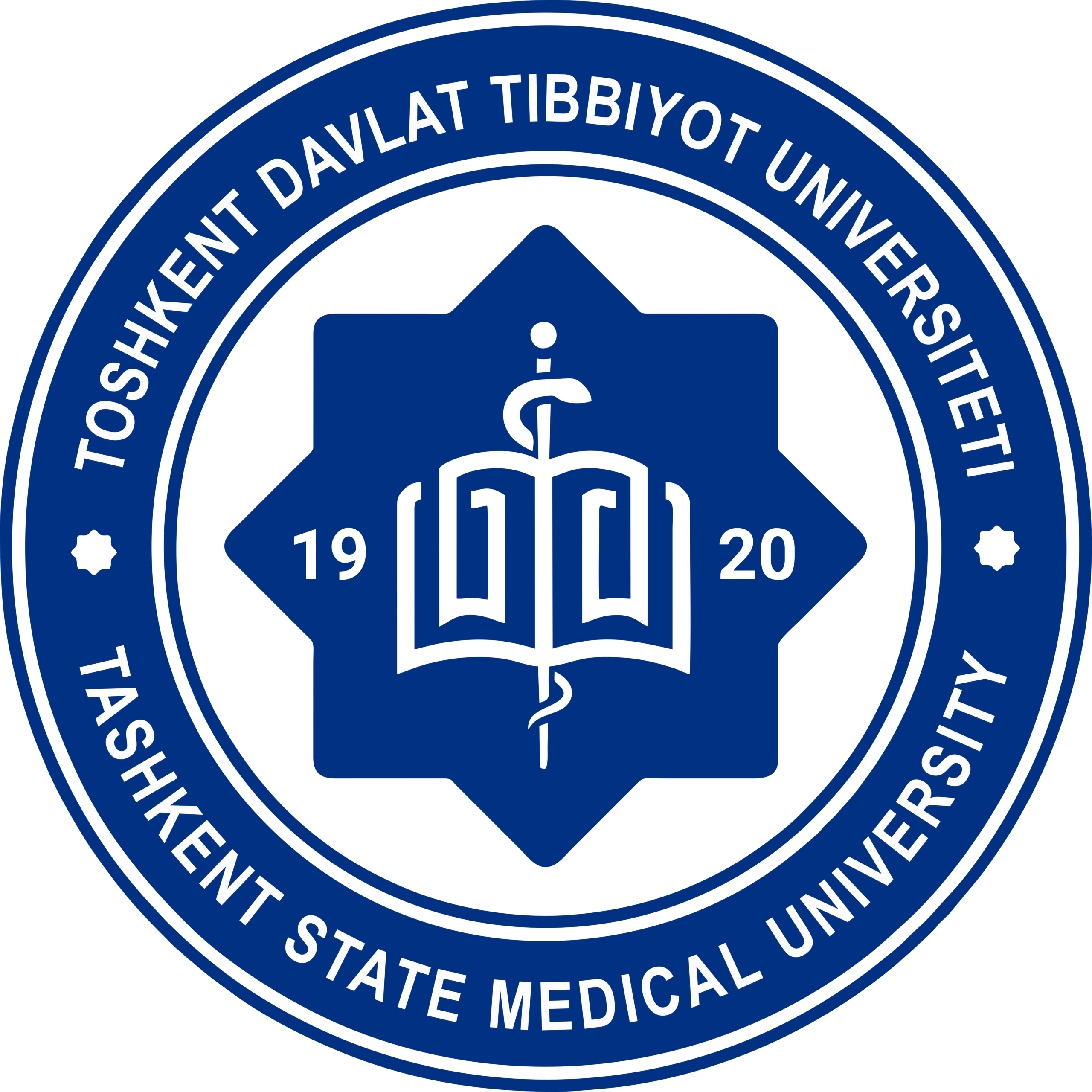Within the framework of the international scientific project “Improving Education in the Field of Healthcare at the Tashkent Medical Academy” for 2016-2022, together with Korea University, which is among the top 100 universities in the world and has a high rating, the department has carried out significant work on the educational process, educational and methodological work, scientific and research work, personnel training, and strengthening the material and technical base.

During the training process, master’s students in the specialty “Environment and Human Health” are given seminars and practical skills based on a thematic plan developed together with partner specialists. The scientific work of master’s students is carried out in a scientific center equipped with modern equipment. All conditions have been created for the high-quality organization of the educational process.

The educational process involves professors and teachers from the School of Environmental Hygiene, Communal and Occupational Hygiene, Medical and Biological Chemistry, and Public Health of the TSMU, as well as professors and teachers from Korea University. Scientific and practical conferences and seminars are organized together with partners.
Currently, master’s studen



